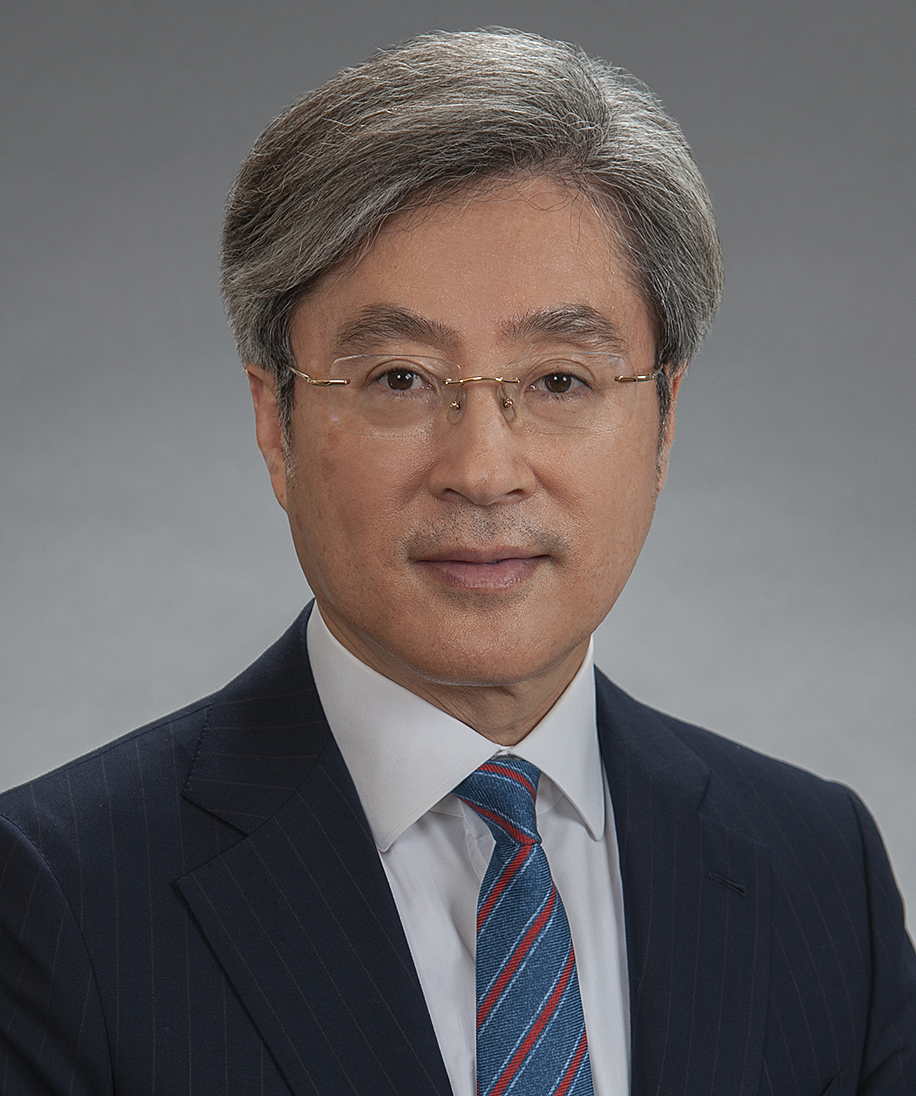Client Alert
Trade Secrets Misappropriation Claims: Critical Considerations for Korean Companies Doing Business in the U.S.
January 20, 2015
By Jong Han Kim
Picture this: Your company just received a letter from a competitor in the U.S. alleging one of your employees illegally stole the competitor’s trade secrets. The letter informs you the competitor is prepared to file a civil lawsuit in the U.S. What should you do?
You might instruct your general counsel to handle it like any other intellectual property dispute. However, the strategies used to defend against patent litigation will not necessarily work for a trade secrets misappropriation claim. In fact, trade secrets cases pose special risks – and failure to understand and prepare for those risks could cost your company hundreds of millions of dollars and possibly expose your company and employees to U.S. criminal prosecution.
In our Q&A, Litigation partner and office chair Jong Han Kim and associate Frank Lee share their perspectives on critical considerations related to trade secrets for Korean companies doing business in the U.S.
How does trade secrets misappropriation differ from patent infringement?
Unlike patent infringement, trade secrets misappropriation is a criminal offense in the U.S. Under the Economic Espionage Act of 1996, the U.S. Department of Justice can criminally prosecute those accused of trade secrets misappropriation. Individual violators can be sentenced to up to 10 years of imprisonment and fined up to US$250,000 or twice the monetary gain or loss associated with the offense. Companies can be fined up to US$5 million or twice the monetary gain or loss associated with the offense.
Moreover, U.S. prosecutors can seek a forfeiture of ill-gotten profits and restitution to the U.S. company. In addition, criminal prosecution can be brought at the same time as civil litigation. Finally, U.S. prosecutors also have the means to “end the game” by using pre-judgment attachment to seize the Korean company’s assets even before trial.
U.S. companies understand this. They know the threat of criminal indictment and prosecution gives them important leverage in civil litigation. Therefore, it is critically important for Korean companies doing business in the U.S. to develop a comprehensive strategy to handle the risks of parallel proceedings.
When developing a strategy for trade secrets litigation, why is it important for Korean companies to retain U.S. counsel?
When preparing for trade secrets litigation, you need outside counsel that has the necessary expertise and experience in defending Korean companies against parallel civil and criminal cases in the U.S. Your defense team should include lawyers who understand the factors and issues U.S. prosecutors consider when deciding whether to charge a trade secrets case. Lawyers with such expertise should be involved from the very beginning of the case and help shape your company’s overall defense strategy.
How should internal investigations of trade secrets misappropriation claims be handled?
It is critical that any such internal investigations should only be conducted with the assistance and direction of U.S. counsel. In handling patent and other civil cases, Korean companies sometimes establish internal task forces to evaluate the claims before engaging outside counsel. This is not advisable. There is a risk that key documents in the case will be modified, deleted or compromised, or that the task force’s reports and communications may not be protected by attorney-client privilege. If so, any task force findings or reports may have to be produced to the other side during the litigation.
Given the heightened stakes in trade secrets litigation, the better strategy is to retain U.S. counsel from the very beginning to coordinate the internal investigation and conduct an early case assessment. Doing so greatly increases the likelihood that the investigation will be conducted in a forensically sound manner and protected by attorney-client privilege.
What role does discovery play in trade secrets litigation?
Discovery gains special importance in trade secrets litigation. All companies threatened with U.S. litigation have the duty to preserve relevant documents (even damaging ones). This becomes doubly important in trade secrets cases because deletion of relevant documents not only may result in a finding of spoliation in the civil case, but the U.S. Department of Justice can also criminally prosecute companies and individuals who delete documents as an obstruction of justice for destruction of evidence, which is a separate criminal offense from trade secrets misappropriation.
Moreover, your company should understand that documents produced in the civil trade secrets case might be turned over to government prosecutors. U.S. prosecutors have little ability to obtain documents and evidence that are located outside of the United States. However, they can serve a “friendly subpoena” to your civil adversary to obtain documents produced in civil litigation and use those documents as evidence in the criminal case. This is why counsel experienced in both civil and criminal trade secrets litigation in the U.S. must supervise the internal investigation from the early stages.
Why is being prepared for trade secrets litigation especially important for Korean companies now?
Trade secrets litigation poses special challenges for a Korean company. U.S. companies are aggressively litigating trade secret misappropriation lawsuits against foreign competitors, and U.S. prosecutors have made the investigation and prosecution of trade secret theft a top priority.
The U.S. Congress is considering creating a new federal trade secrets law that would significantly facilitate U.S. companies’ ability to bring lawsuits in the U.S. Most worryingly, the proposed bills allow a U.S. party to unilaterally seek the seizure of the Korean company’s assets without giving the Korean company an opportunity to be heard.
Your company should obtain the assistance of a law firm that understands these risks and can help you prepare a comprehensive strategy to successfully defend the case.
